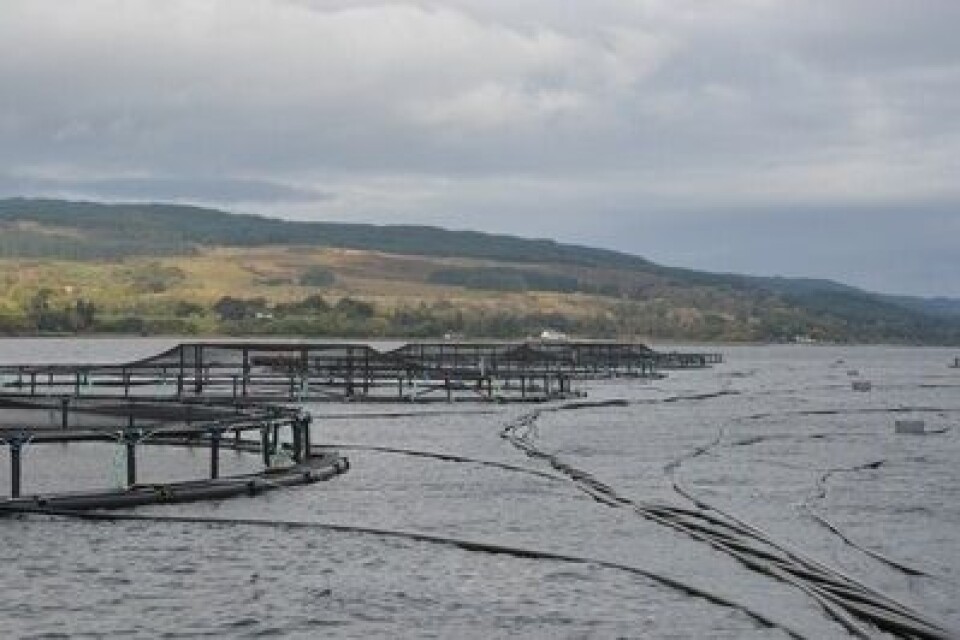
Scottish aquaculture compliance levels fall
Scotland’s aquaculture sector saw overall levels of compliance with Scottish Environmental Protection Agency regulations drop to 81.14% last year, against what SEPA called a “relative peak” of 85.75% in 2016.
In a press release, SEPA said aquaculture remained a prominent focus of environmental regulation. It added:”Non-compliant fish farms rose from 50 to 56 failing sites in 2017 due to a lack of monitoring or abstraction data being submitted on time by fish farm operators and an increase in farms failing due to effluent treatment issues.
“SEPA is firmly committed to protecting and enhancing Scotland’s environment and will shortly announce a revised regulatory regime that will firmly strengthen the regulation of the sector and a comprehensive programme of public engagement across Scotland.
“The regime will include fresh modelling using the best available science, enhanced site-based environmental monitoring, a new approach to sustainable siting of marine cage fish farms, and new approach for controlling the use of medicines aligned with encouraging innovation in the containment of marine waste.”
81% excellent or good
Julie Hesketh-Laird, chief executive of the Scottish Salmon Producers’ Organisation, said: “SEPA’s compliance assessment scheme data for 2017 shows that the vast majority of Scottish salmon farms are compliant and 81% of all Scottish aquaculture businesses were rated excellent or good.
“The Scottish salmon industry is committed to good environmental performance. In 2017 there was a slight drop in the industry’s compliance rate though we understand from SEPA that the issues have not led to any environmental deterioration.
“The industry works closely with SEPA to ensure it meets required standards, and addresses issues promptly where there is room for improvement. Indeed, this is central to the way compliance is assessed, with farms required to demonstrate action to remedy non-compliance. The industry is committed to raising standards higher.
“Individual SSPO member companies will work quickly with SEPA to address issues where they arise.”























































